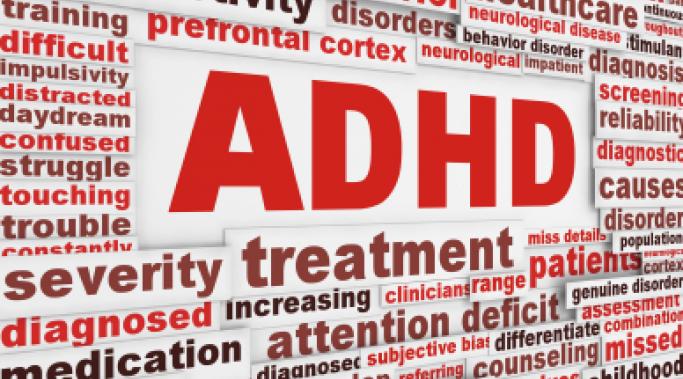Blogs
So many times I've heard civilians say, "You mean, major trauma that leads to PTSD happens outside of the military?" The answer, of course, is a big, resounding, YES! The problem is that we don't have enough sources demystifying trauma and PTSD so that it's easy to see where it comes from and how it happens (Finding Meaning in Trauma and PTSD).
In the book Silver Linings Playbook (just finished listening to the audiobook version, highly recommended), Pat Peebles believes in silver linings as he watches the "movie of his life." Despite four years in "the bad place"(i.e. mental health facility) for reasons he cannot recall, despite a reluctance to take the meds that are helping to stabilize him, and despite the lessons that reveal to him that happy endings are not always guaranteed, he persists in optimism (“If clouds are blocking the sun, there will always be a silver lining that reminds me to keep on trying”) through a great deal of emotional pain as life continues to throw lessons of reality in his path.
The rights of people with mental illness are a developing field. Sometimes court decisions have made things better than us--for example, the law that if in crisis, only the least restrictive means can be used to restrain us. Sometimes, however, court decisions have made things worse. What is in our best interests is not always what the court has ruled is right.
I don’t believe in New Year’s resolutions, in general. That’s because people think far too big on January 1st and come up with things they have no hope of sticking to by February 1st. They have no plan. They have no short-term goals that lead up to the long-term goal. Their resolutions read more like wishes than anything else.
That being said, I think there are some New Year’s resolutions worth having for people with bipolar disorder. These New Year’s resolutions deal with the problems I see every day concerning bipolar disorder and are designed to address these issues.
I recently found myself doing quite a bit of traveling for work and being sleep deprived due to layovers, long flights and work related events. Inevitably, when it seems like my life is going too fast, I start feeling nervous about my food intake.
Hiya Parents! As 2013 ends, I've been thinking about the past year and the different ways Bob, my son with ADHD, has grown. I've also been reviewing the past year for the top ten posts that you've enjoyed. As I went through them, I realized that I've grown a lot as a parent. So much of our time is spent ensuring that our kids are growing up well that we forget that we grow, too. So here's a round-up of my top ten posts just to inspire you to have an amazing 2014 with your special needs child! Thank you so much for making it a great 2013. Happy New Year!
Recently a hospital in Indianapolis cut its number of beds for psychiatric patients, despite the fact it was already running at 98 percent capacity. More Than Borderline blog author, Becky Oberg, argues that psychiatric care, although expensive and unprofitable, should not be a budget casualty.
It's the end of another year. I am happy to say that I had no major depressive episodes in 2013. Rather, I was able to manage my depression through, among other things, practicing positivity and gratitude.
But the truth is, no manner of gratitude or positivity will fix depression. When you have depression, gratitude and positivity are two concepts that are simply too far out of reach. You know that there are an abundance of things to be grateful for, and that, if you could only remember them, things would seem far more positive. But, you simply haven't the energy or the frame of mind to list, count or comprehend what they are. That's why we need to cultivate gratitude and positivity during the good times.
Happiness is a deep satisfaction and a sense of well-being. It is a positive feeling of immense personal fulfillment and joy. It is not something you can just pick up at the local grocery store or order online. There is no pre-made ready mix, get happy fix. Experiencing happiness is tied to your attitude, actions, a sense of satisfaction, and well-being. And, you count on happiness being strengthened when you do things with love, grace and gratitude.
Hello again, all! I've been writing the Living with Adult ADHD blog for a nearly a year and this seems, with the new year just around the corner, like a really good time to review what I/we have learned this year together. We've talked about some strategies to improve our attention span and decrease our anxiety. We've talked a bunch about adult ADHD medication - the good and the bad. We've talked about just how much time having Adult ADHD costs - needing to get prescriptions, fill them and invariably get distracted at some point during the process. We've had a great year together, I'd say!







